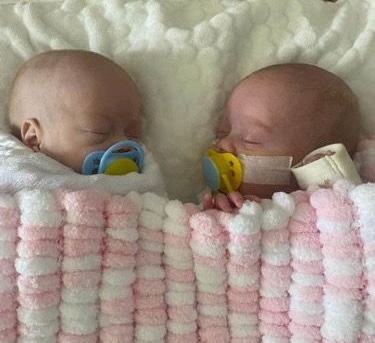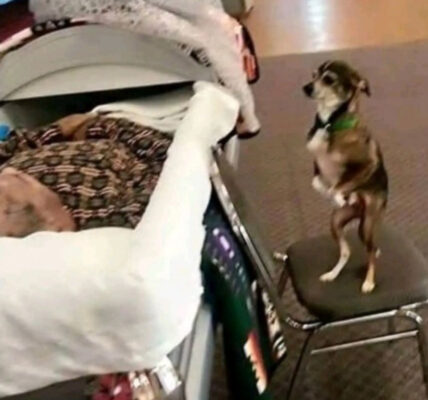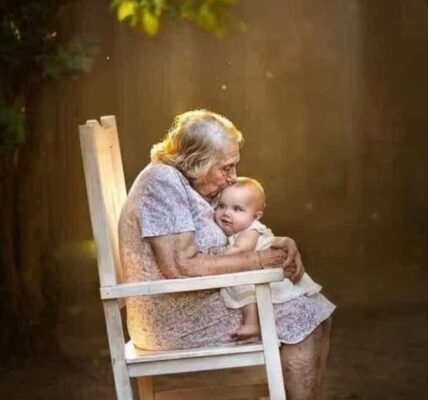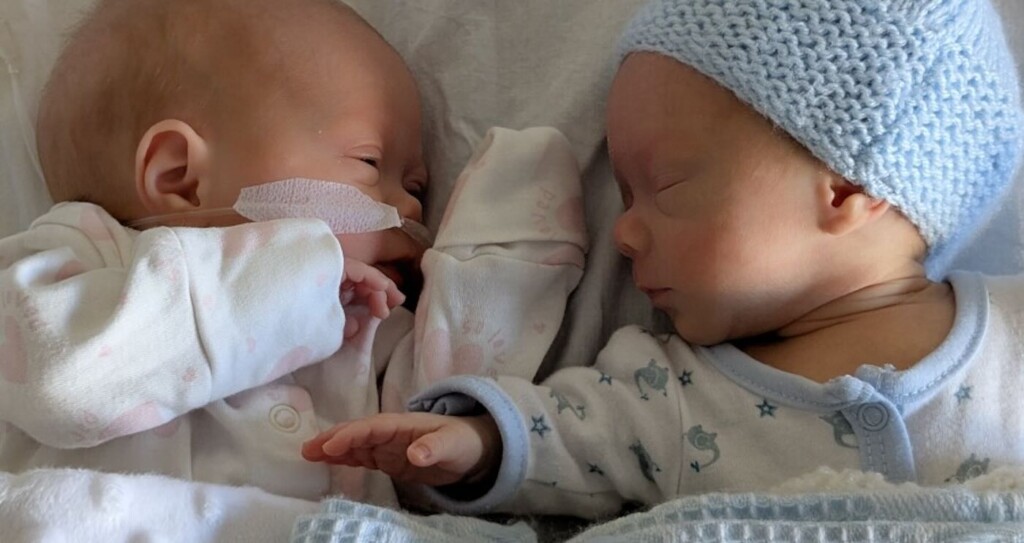
When Jennifer Prior went for her 20-week scan, she expected to hear the usual milestones. Instead, she was met with heartbreaking news. Doctors warned her that her babies—twins—were unlikely to survive. If they were born early, the chances were grim.
For weeks, Jennifer carried that weight. Every day of her pregnancy was a battle of hope against fear. But she managed to hold on until 29 weeks, when little Macie and Marcus Lee entered the world—tiny, fragile, and fighting for life. Macie weighed just 2 pounds, and Marcus even smaller at 1 pound 3 ounces.
Immediately, they were rushed into the neonatal intensive care unit at Glasgow’s Royal Hospital for Children. For their family, the coming days felt like standing on the edge of a cliff—uncertain if they would ever bring their babies home.
And yet, something remarkable happened.
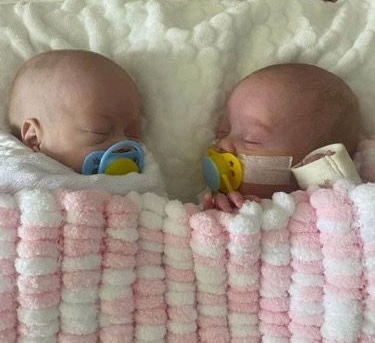
The twins were placed in a new, specially designed twin co-sleeping cot—the very first to be used at the hospital. Unlike traditional incubators that separated twins, this cot allowed Macie and Marcus to remain side by side, just as they had been in the womb.
The design wasn’t just comforting—it was lifesaving. Each side could be adjusted for the babies’ different needs. A heat mat could keep one twin warm while the other stayed cooler. The cot could be gently tilted to ease reflux, a common issue in premature infants. Most importantly, it kept the twins close, supporting their bond and giving them the reassurance of each other’s presence.
Jennifer still remembers those long nights by their bedside. “I’ll never forget the feeling of thinking I wouldn’t leave without my babies,” she said. “Then to see them grow stronger, thriving more and more—it felt like a miracle. Someone definitely heard our prayers.”
Doctors and nurses noticed it too. “This cot has been a brilliant addition to the unit,” said one neonatal nurse. “It allows us to keep twins safe while still tailoring care to their individual needs. And it makes it much easier for families to bond with their babies, which is just as important for healing.”
Against all odds, after 12 weeks in the neonatal ward, Macie and Marcus went home—healthy, thriving, and full of life.
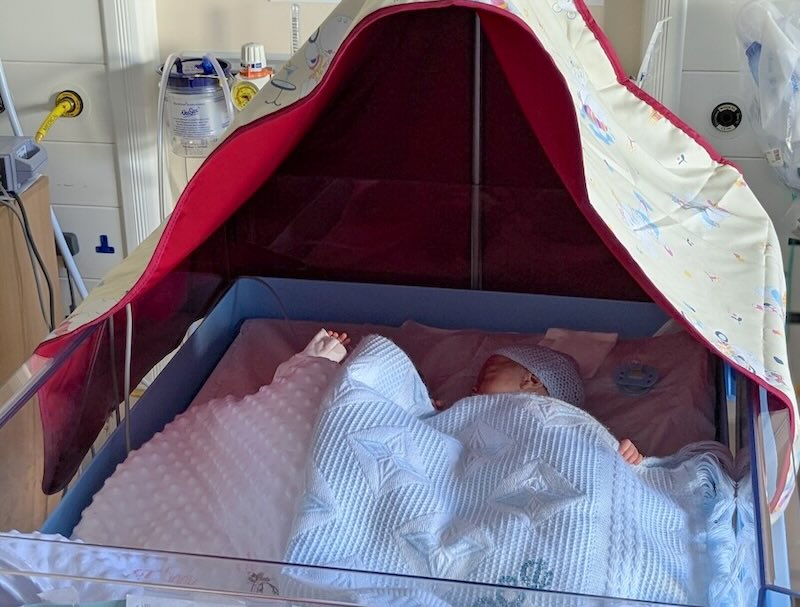
Their great-grandmother Yvonne calls them her “wee miracles.” She watched her family’s heartbreak turn into joy. “From the minute they were delivered, they both needed specialist care and were the first to use the co-sleeping cot. Medics believe being together made a massive difference to their progress. We could not be prouder.”
Now, the family is determined to give back. Jennifer’s father, Peter Prior, is cycling 106 miles this June in the Stride the Clyde event, raising money for Glasgow Children’s Hospital Charity. His mission is simple: to fund more of these special twin cots, so that other families facing the same terrifying uncertainty can also witness their own miracles.
For Jennifer, Darren, and their families, every heartbeat of Macie and Marcus is a reminder of resilience, hope, and the power of compassionate innovation.
Because sometimes, saving lives isn’t just about advanced medicine. Sometimes, it’s about the simplest gift of all—keeping loved ones close.
